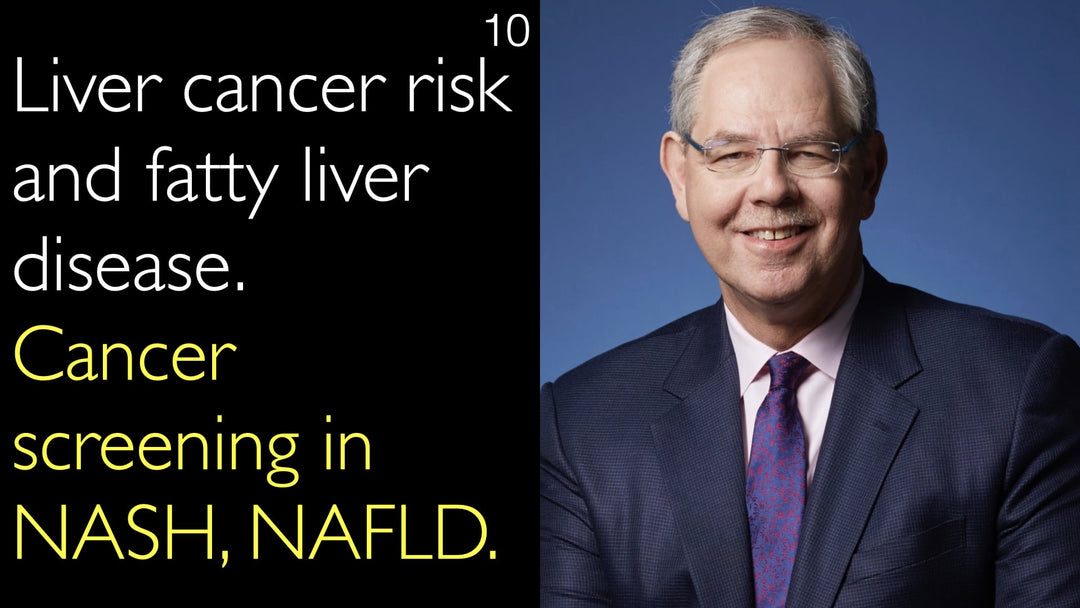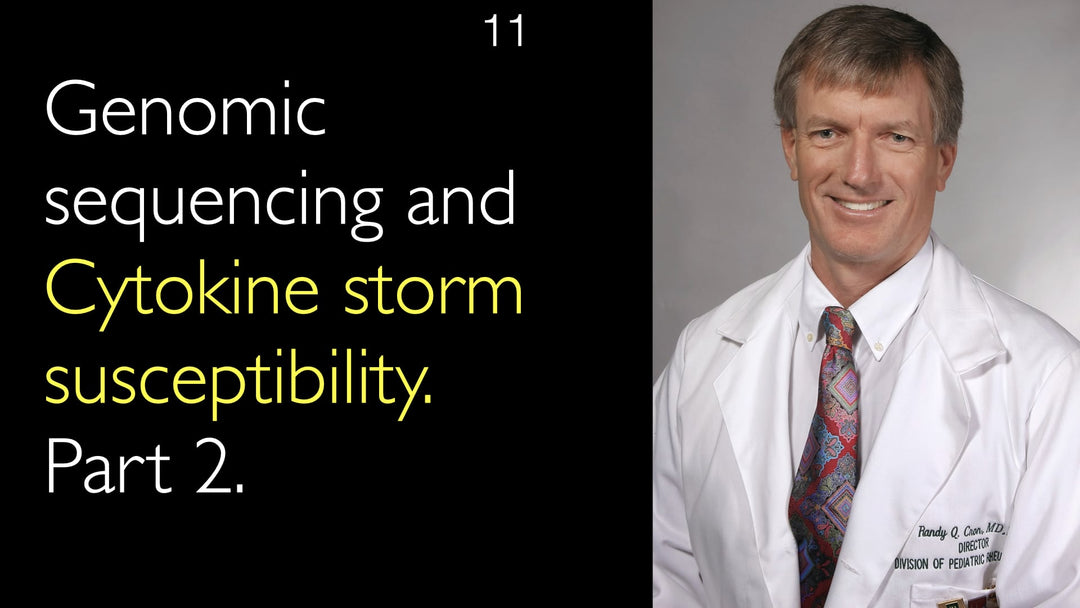Leading expert in liver disease, Dr. Scott Friedman, MD, explains how genetic tests can identify risks for NASH. He clarifies that genetic screening is not a primary diagnostic tool for NAFLD. Dr. Friedman details that genetic risk factors are more useful for prognosis after a diagnosis is made. These factors can signal a higher risk for disease progression. This information helps guide more assertive monitoring and treatment strategies.
Genetic Testing for NAFLD and NASH Risk Assessment and Prognosis
Jump To Section
- Genetic Screening for NASH Risk
- Commercial DNA Testing Limitations
- Genetics in NAFLD Diagnosis
- Prognostic Value of Genetic Risks
- Clinical Management with Genetic Findings
- Full Transcript
Genetic Screening for NASH Risk
Dr. Scott Friedman, MD, discusses the role of extensive genetic screening in identifying a predisposition to NASH. He notes that many people now undergo whole-genome sequencing. Commercial platforms can alert individuals to a potential heightened risk for nonalcoholic steatohepatitis.
Commercial DNA Testing Limitations
Dr. Scott Friedman, MD, emphasizes that genetics are not used for screening NAFLD or NASH. He explains that companies like 23andme provide risk information. However, a genetic risk does not guarantee the development of liver disease. Many patients with genetic risks never develop NAFLD or NASH.
Genetics in NAFLD Diagnosis
The application of genetic information changes after a formal diagnosis. Dr. Scott Friedman, MD, states that genetic testing is not appropriate for initial screening. The diagnosis of NAFLD or NASH must be confirmed through clinical evaluation first. Genetic results then provide additional context to the existing diagnosis.
Prognostic Value of Genetic Risks
Genetic risk factors become highly valuable for predicting disease progression. Dr. Scott Friedman, MD, explains that the presence of certain genetic variants indicates a heightened risk for NASH progression. This prognostic information is crucial for understanding the potential severity of the disease. It helps identify which patients may experience a more aggressive disease course.
Clinical Management with Genetic Findings
Knowledge of genetic risks directly influences patient management strategies. Dr. Scott Friedman, MD, recommends more assertive and careful monitoring for at-risk patients. This often translates to more frequent follow-up appointments and liver health assessments. The goal is to intervene earlier and more effectively to prevent complications like advanced fibrosis or cirrhosis.
Full Transcript
Dr. Anton Titov, MD: More and more people now do extensive genetic screening, including whole-genome sequencing. Are there particular gene panels that can alert the person that they might be predisposed to NASH, even though they might not have metabolic syndrome or be overweight?
Dr. Scott Friedman, MD: Yeah, so in fact, even 23andMe and commercial DNA testing platforms will indicate to patients that they might be at heightened risk for NASH.
We don't use genetics for screening. It's not appropriate because there are probably many patients who have the genetic risk but don't have NAFLD or NASH.
On the other hand, once we diagnose NAFLD or NASH, the presence of genetic risks may tell us that that patient is at heightened risk for progression and may require more assertive or more careful monitoring, or more frequent monitoring.


![Genetic tests to find risks for liver disease [NAFLD and NASH]. 6](http://diagnosticdetectives.com/cdn/shop/products/Dr_Scott_Friedman_NAFLD_NASH_Liver_Specialist_Treatment_Expert_Second_Opinion_Diagnostic_Detectives_Network.006.jpg?v=1680501034&width=1080)



